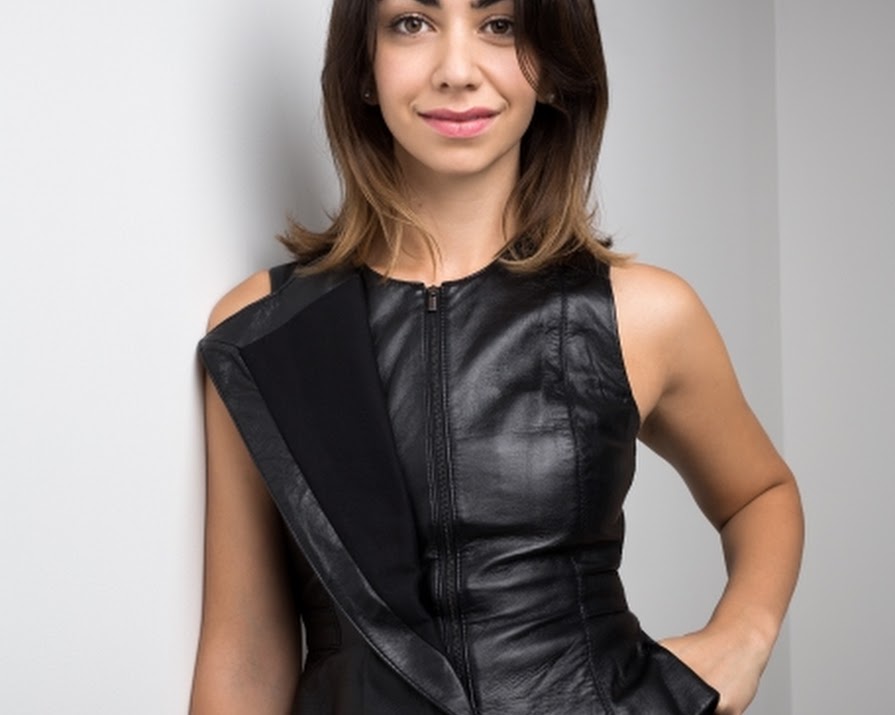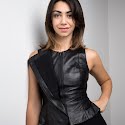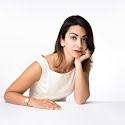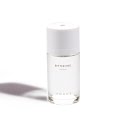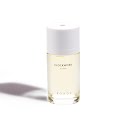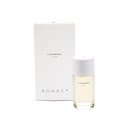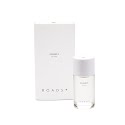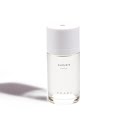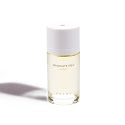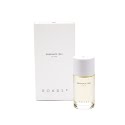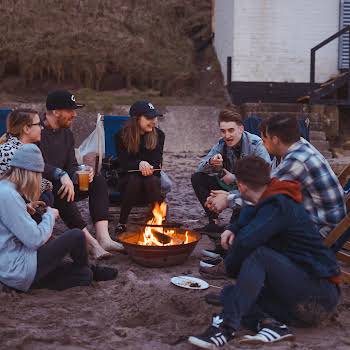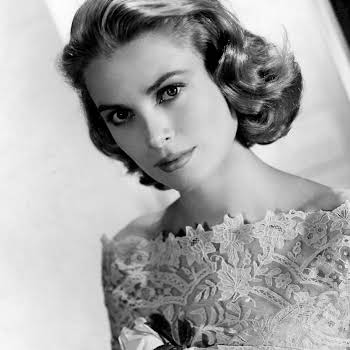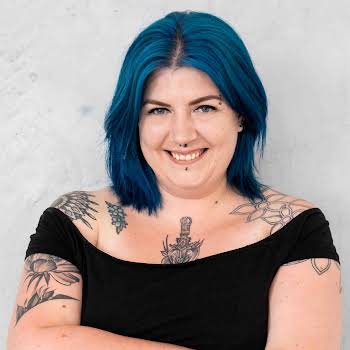By Bill O'Sullivan
23rd Apr 2014
23rd Apr 2014
Danielle Ryan
Danielle Ryan is the classiest act in the country. If you haven’t heard a whole lot about her it’s because she’s somewhat press-shy and low-key. She walks across her newly white and unfurnished offices exuding cool. Aside from being extremely attractive and personable, it’s outwardly apparent that Danielle is as sharp as a tack. You really want her to like you.
The heiress to the Ryan estate, she took over her family’s fortune in 2008 at 26. Having just completed her actor training in the Royal Academy of Dramatic Art (RADA), she went on to star briefly in The Tudors, until duty came knocking at the door, taking her back to the family business and philanthropy. She has since been ?instrumental in setting up Ireland’s first vocational drama school in 2011 (the LIR) whilst simultaneously funding the single largest philanthropic donation by a private entity, in assistance to post-conflict Sri Lanka. That same year she spoke to the UN General Assembly about the effectiveness of micro-financing when dealing with these large-scale donations. She was then only 26 and pregnant with her first child.
Danielle has since created the Roads Luxury Group, a lifestyle brand that focuses on the three areas of fragrance, publishing and film. Its aim is to curate a singular and unique vision that is specific to Roads via the commissioning of new scripts, documentaries, the creation of a fragrance line, and the publishing of limited edition art books and classics. The emphasis is on design throughout. It’s not for everyone, but that’s specifically what piques everyone’s interest.
The Roads fragrance range launches tomorrow in Brown Thomas, a collection that promise to be as distinctive, sophisticated and unique as the company behind it. We met Danielle to find out more about the company and its creator…
What led you to start the Roads Group? You’re a combination between a philanthropic foundation and a creative agency?Yeh in a way and we’d be commissioning a lot of artwork in a way, whether it’s film scripts or covers for our books, it’s patronage in a sense. I like the idea that over a few years Roads will have commissioned its own body of work that’s exclusive to us. I liked the idea of a life-style brand, a cultural life-style brand that attached things that are very personal to people. So books, fragrances and films seemed a natural thing gravitate towards.
What defines the Roads Group brand. Is it about luxury? We went with ?Luxury? in the end for registration purposes, but I think ?luxury? is a dangerous word, it denotes expensiveness and exclusivity. Roads is not luxury but it’s not mass market either. I guess it’s niche I suppose in a way. With Roads what I tried to create was a brand with a very clear voice and very clear opinions, something you can always tap into. So it comes from the desire to curate things that we see around us all the time – something we see in the newspaper that we think is fascinating, or an artist we really want to do a coffee-table book for, or a person we really would like to do a documentary on. That voice is just about keeping our eyes open on anything that’s relevant, that’s what makes it interesting to work in this sort of company, you never know what’s going to be coming up?
Why did you pick those three categories to focus on – publishing, fragrance, and film? Well the fragrance side kind of happened by accident really. Film and publishing was always going to happen with me what with my background in RADA, and after doing the LIR. I’ve been fascinated with films for years, and I’ve always been a book nerd. The fragrances happened when I was working on building the LIR. I’m very inspired by Punch Drunk Theatre Company, they do a lot of immersive theatre, so when it came to building the theatre let’s play with it a little bit. And one of the ideas I wanted to push was to have it in the round and have the audience sitting on the stage. I thought wouldn’t it be fun to also use smell. Anyway, it didn’t end up happening, we couldn’t find the equipment, but there’s was a lot of talk – like, how would New Orleans smell? How would it make you connect emotionally to the piece if you could smell it? It didn’t happen for the theatre, but I just started researching it and looking into the history and technology of fragrances and then started working with perfumers.
How did you find your perfumers? After a lot of research and learning a lot about the industry. Once I’d gotten over that I was very clear about what I wanted to create with it. I didn’t mean for there to be 10, it kind of happened. We made 150 fragrances, which this perfumer makes with all the ingredients out of an old book that I thought was very glamorous. We narrowed it down to 10 then, which are all very different from each other. There’s only one that’s citrus, only one that’s oud. I was interested in a story behind each of the fragrances – the oud fragrance is called Hamartan, which is a wind that crosses the Sahara once a year – I wanted my interpretation of that wind. Then there’s White Noise, which is inspired by technology. With Graduate 1954 we used the aromas they would’ve used in the 1950’s, so it has a very classic smell, which is really cool and very American. It was my little nod to femininity, a look at where it is now. I liked the idea of approaching a perfume from the conceptual standpoint. But I would hope that once someone has a fragrance it takes on a story that’s unique to them – it reminds them of a weekend or an experience they had while wearing that fragrance.
The books came out last year – a range of classics with the covers designed by Conor and David, and most recently your coffee table books. What are your plans for the publishing side of Roads as you move on? We’ve had our larger coffee-tables come out in March, and in September there will be another range of coffee-table books that we Selfridges have already taken on. The series we’ve just brought out is called Reflections – how they reflect the city they were designed for. So, they’re design and architecture references, one about libraries and the other about theatres, so it’s from very old to very contemporary ones. The one is September is about paparazzi – about a photographer in Rome in the 1950’s who died last year, Emilio Sorchi, who had 1,500 photographs that have never really been seen before. They have that same aggression as paparazzi now, but with the stylized aesthetic of that era. They’re kind of amazing and we’re doing a limited edition of those. We’re doing a few other artists that we picked up in Arts Basel.
The LIR was created thanks to your patronage, and you are still involved via the board of directors. You were also working with Unicef at that time. What was that combined experience like? My father died in 2008 and at that point I inherited all of the philanthropic projects which I wanted to see come to fruition. So the LIR became a totally different thing once I took it over and made the deal between RADA and Trinity happen. When I work on projects like that I’m very pedantic, I pay a lot of attention to detail. The project going on simultaneously for Unicef, involved building four villages in post-conflict Sri Lanka over three years. It was a huge-scale project and a complicated arrangement, in that each town had a population of 250,000 people. We re-built schools, hospitals, water-wells, and had to negotiate a lot with the government there – I would say ?I’ll do the school, if you promise to finish rebuilding the roads? and stuff like that. It was really cool. I got to speak to the UN General Assembly about those types of philanthropic projects.
What was it like talking to the UN General Assembly? It was incredible. I was sitting way at the back and I remember I had to waddle up because I was pregnant. It was amazing – I was essentially there to talk about how I intended to invest the money. I was doing micro-financing which consisted in giving grants of 200 to 400 quid to families. And now all those towns are thriving, the communities went back to the villages and I just couldn’t believe it when I went to visit. It was rewarding and I felt like I needed all that learning.
Moving back into art curation and setting up a company like Roads was more your interest? Yes. I will always keep philanthropy on the side, but this is interesting to my life now, it’s built around how I want to live. So that I can go to Art Basel and other things and think of projects continually – everything becomes relevant and has potential.
What’s the manifesto for Roads? It seems you feel there was a particular cultural language that could be expressed in Ireland that didn’t have a space yet. I don’t know that no brands have ever done what we’re doing, but I just wanted by own stab at it. There was an article I’d read in The Economist about the emphasis on design now, and I think people are more interested in it, and if we have a platform where we can express it. We wanted to introduce different ideas, and maybe it’s not of interest to everyone, but it’s like a gallery or a magazine – you’re always curating what you find interesting. It’s similar to that but through product.
Roads fragrance range launches tomorrow, April 23rd, ?in Brown Thomas
Roisin Agnew @Roxeenna











